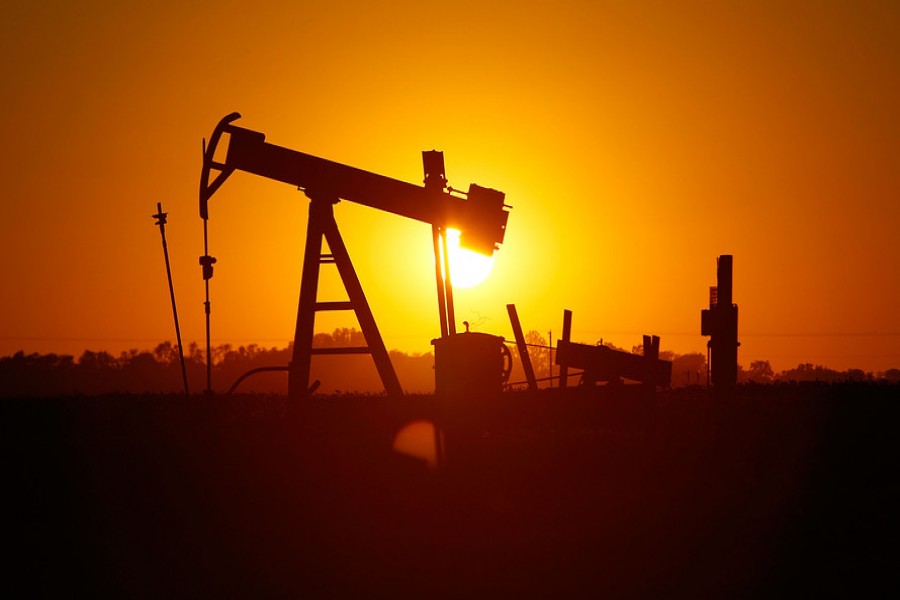No matter how they may cringe, energy, pharma and tobacco industries are choosing to remain silent. Wisely so. Their flattering profits in a flux of economic times are raising allegations of 'blood money', unconscionable money making bartering human lives and the usual bartering health. Oil companies aren't earning many friends among hapless energy dependents for the massive $134 billion profits of 2022 they are expected to return. The prospect has sent some governments and economists eyeing windfall taxation to replenish fast-emptying national coffers. It's being named as 'blood money' reflective of such raked ins on the back of tragic military and civilian deaths in the Ukraine conflict. There have been increased costs in the complex web of supply chains and sourcing. All of these have been reflected in record-highs in pump prices. And that applies to developed countries. Developing countries, most of which have to reduce the hit to consumers through subsidies are left to balance affordability. Such models aren't met with approval by multi- lateral development partners. They argue against the false comfort zone created by subsidies in energy, electricity and even agriculture.
There are growing concerns that even as countries proudly announce their improved economies, they are being forced to seek aid packages that only delays the inevitable crunch of costly repayments that have to be funded from somewhere. Earning inflows outmatched by spending outflows creates an unsustainable situation. Pakistan is basically negotiating $32 billion from institutions and friendly states, most of which will ostensibly be used for paying interest costs. Even so, she is pursuing the International Monetary Fund (IMF) for release of a further tranche of $3.2 billion promised from a longer term $6.2 billion. They're stepping from one nightmare to the next-a reprieve coming from Saudi Arabia rolling back dates for repayment of a previous $3 billion loan. Another $3 billion is being negotiated. India has manoeuvred its long standing relationship with Russia. She was bold enough not to condemn Russia at the United Nations. In return, it is getting Russian oil at unbelievable low prices, thereby shielding her economy.
OPEC-plus, the extended version of oil producing states has been indifferent to all of this. On the contrary they have pointed to further tightening of screws in terms of their caps on extraction till the end of 2023. If production is kept lesser than demand it bolsters their economies.
Pharmaceuticals were trashed as being crass. A $34 billion profit last year left a bad taste in the mouth though most of it came through guaranteed and instant profits from pricey vaccines. Admittedly the general public didn't foot the bill for vaccines, at least not directly where it hurts the most. But pay they will through newer tax, as the British public are fast finding out. As for the tobacco companies? None of the criticism is new.
From a pure business perspective the models make good sense. Profit is integral to any but social business. Every industry has been hit by the pandemic induced economic sluggishness. CEOs would be sent packing if they didn't focus on opportunity no matter the circumstances. It's well documented that people tend to smoke more when in crisis. Oral tobacco use increases when there's more time on people's hands. Along with profits there's a huge take for governments in taxation, stymied by output revenue from other areas. Lockdowns and segregation impacted fuel consumption more than any climate change activist could dream of. While more than immediate costs were factored in by the oil industry governments have been reluctant to step in with price controls. Western governments are looking desperately for ways to bypass their imposed sanctions. They have set price caps for Russian oil but haven't shut the taps. They can't afford to if people of colder climes are to survive the winter and businesses are to run. Germany was essentially, the first to break ranks. It authorised a wing to do the trading with Russia in any currency off-shore. A 15-year purchase agreement was signed quietly with Qatar for liquid gas. It sort of sets a price that won't be beyond the consumer. Just as quietly, Qatar and OPECPlus are doing their calculations. The man actually running Saudi Arabia, Crown Prince Salman had been pushing his agenda for the country to be less dependent on oil sales. At the rate money is coming in he too, won't be bemused if the fossil reserve makes further cash available for the goal. His confidence will have gained considerably following events of late. Elevation as Prime Minister has forced the US hand in removing him from its sanctions list. Chinese President Xi Jin Ping's first visit abroad since the pandemic, has been to Saudi Arabia. That the visit allowed for a mini-summit with most gulf states has helped the Crown Prince mend ragged ties. The target is a strategic partnership that seeks to reduce Saudi dependence on and free her from diplomatic shackles of the U.S. The Chinese are out to play big time.


